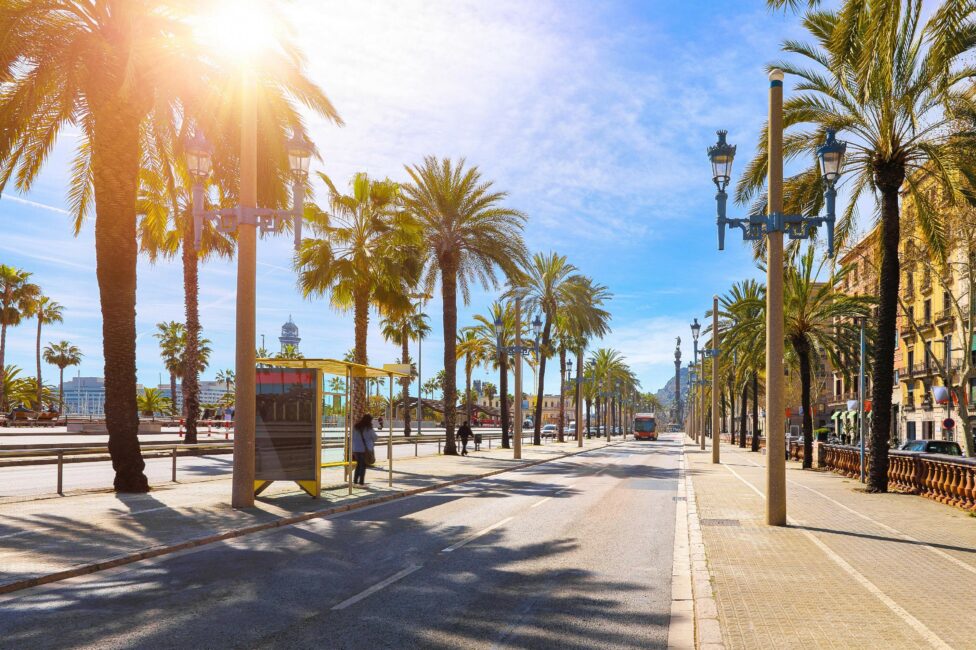More trees and fewer cars improve mental health

Green is not only the colour of hope, it would also appear to be a guarantee of a good mental health. Such is the result of the initial feedback and a study of the “Green Axis” (Eixos Verds) project implemented by the Catalonian capital over the last few years.
These “Green Axis” areas were originally created to make specific streets quieter and less polluted by transforming crossroads and parking zones into cycle paths, playgrounds and small squares. The idea is that anybody living in a given sector should not be more than 200 metres from a green area. With the exception of emergency vehicles and those of residents, cars have been banned from such areas.
An initial enquiry in 2021 established that the inhabitants of these neighbourhoods indicated that they felt more rested, took advantage of the quieter environment to communicate more among themselves, thus leading to less isolation and, of course, no longer suffered from the pollution related to automobiles.
A study by the Barcelona Institute for Global Health (ISGlobal), recently published in Environment International, has corroborated these impressions, highlighting the benefits of the global “Green Axis” project currently underway in the city in relation to the inhabitants’ mental health. The study estimated that the project would prevent 14% of poor mental health cases perceived by inhabitants and reduce the number of visits to mental health specialists by 13% each year. The project would also reduce the consumption of antidepressants by 13% and tranquillisers by 8%.
Those in charge of the project believe that the correlation between green spaces, without or almost without vehicles, and good mental health, is now proven. It can also be noted that the World Health Organisation (WHO) had already highlighted the benefits of urban green areas on health.
At present, Barcelona intends to pursue its major urban transformation plan and aims to provide its inhabitants with wider pavements, more greenery thanks to the planting of new trees and more meeting and recreational opportunities by giving bicycles and public transport priority. In this way, the city council wants to make Barcelona both greener and healthier for the well-being of all.














